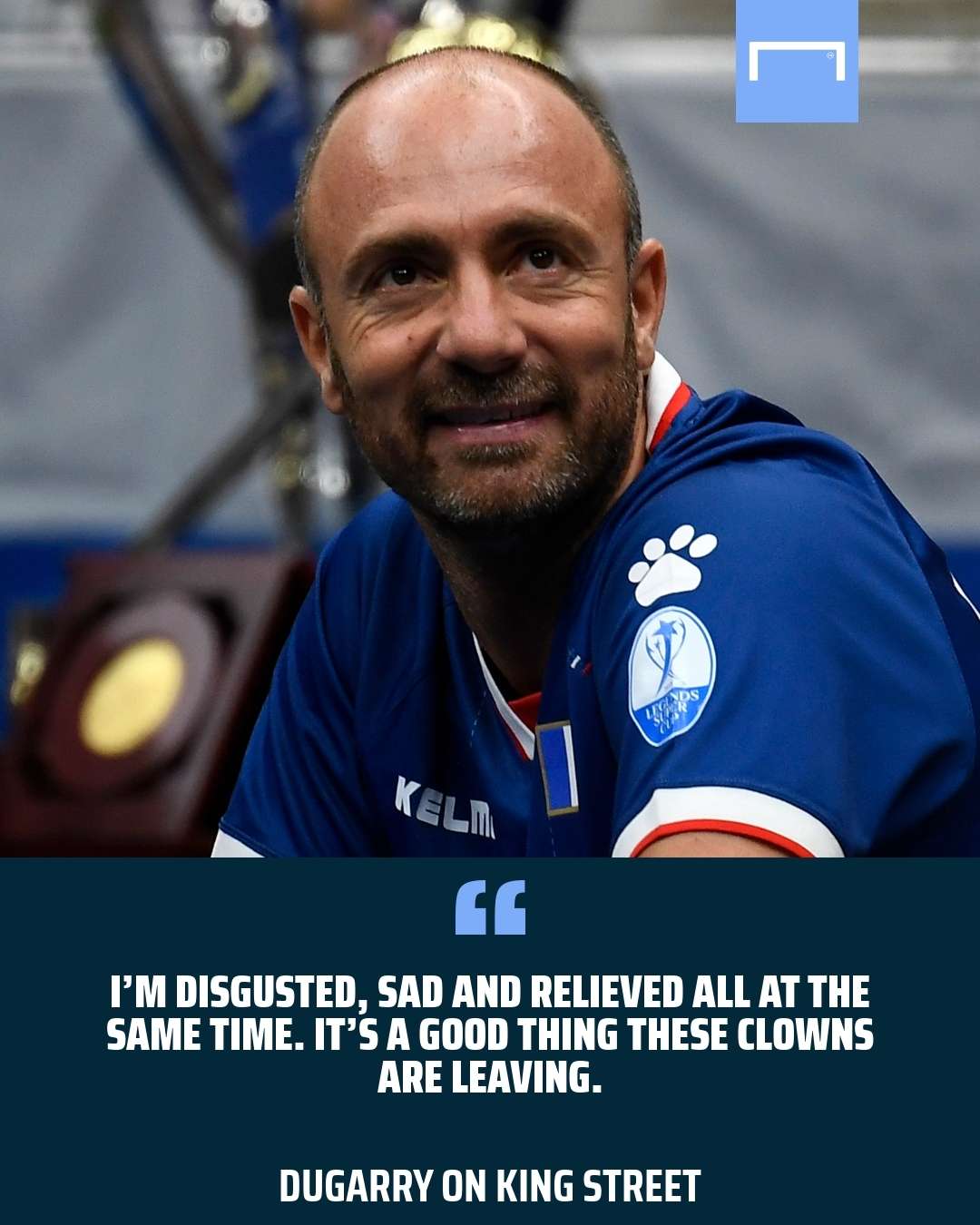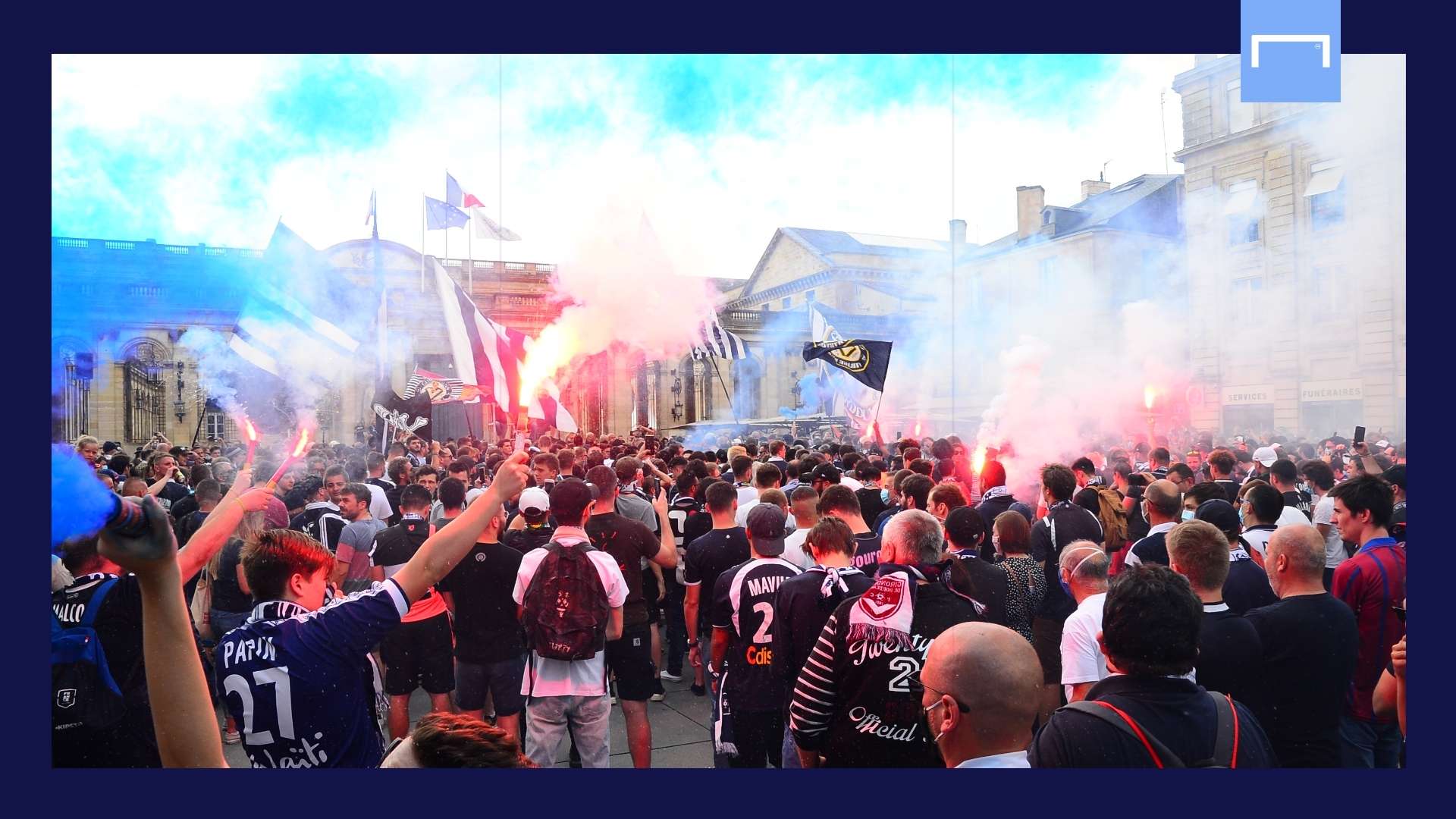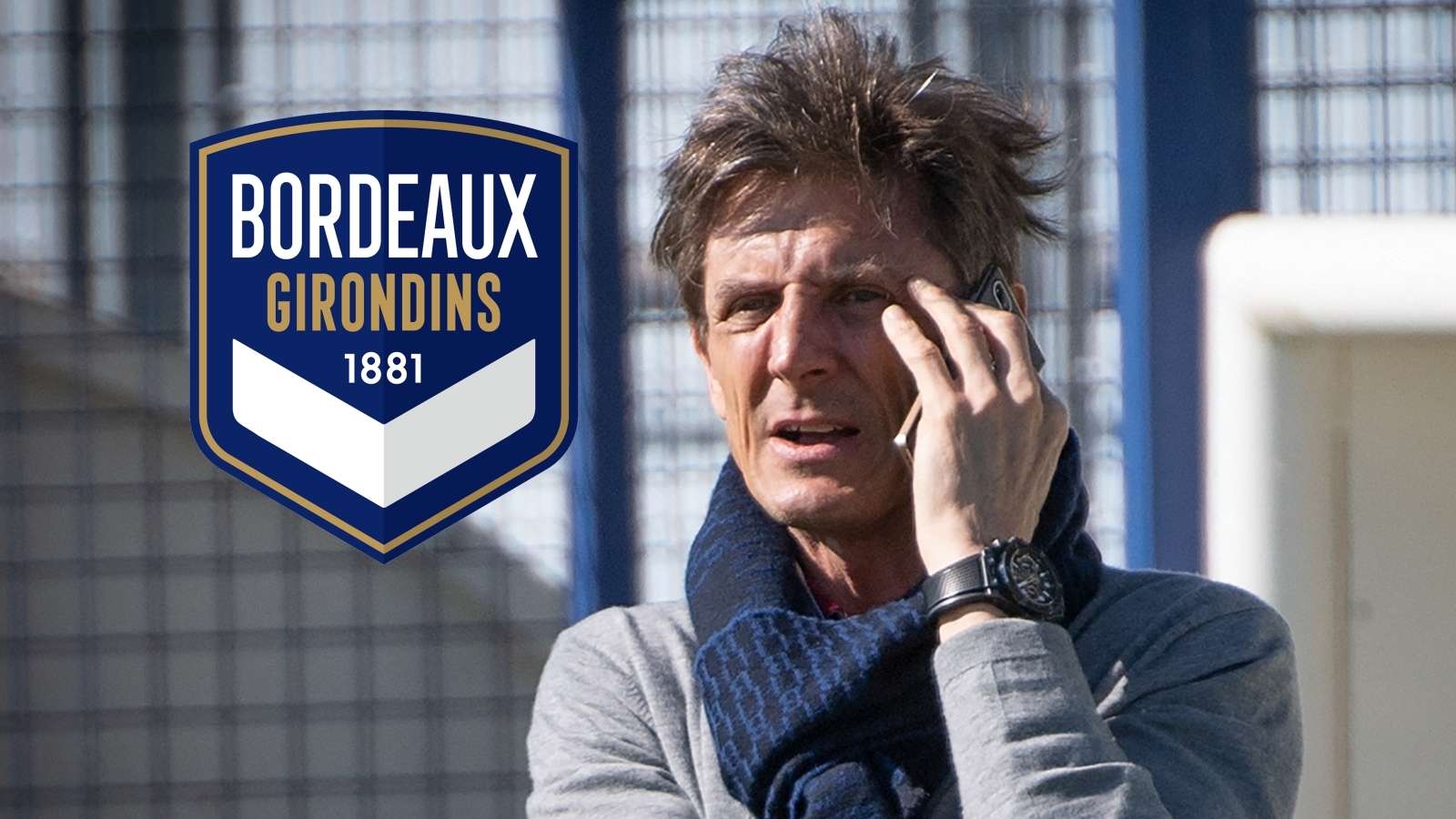It has not been a good week for the image of American owners of European football clubs.
First came the Super League, a project, in England at least, spearheaded by Liverpool’s FSG, Manchester United’s Glazers and Arsenal’s Stan Kroenke, who were subjected to a bitter backlash from the fans of their respective clubs.
France came out of this controversy unscathed, of course, with Ligue 1 having united behind Paris Saint-Germain’s decision not to commit to the competition.
But here, too, trouble has long been brewing for owners from across the Atlantic.
While US investors have been welcomed with open arms in France, supporters have started to grow weary of their involvement over the past couple of years.
Next Match
Marseille, for example, qualified for the Champions League last season thanks to the brilliant management of Andre Villas-Boas.
However, once his small squad was undermined by the unceasing stream of games in this most unique of seasons, OM disintegrated and fell back into the pack.
Caen, meanwhile, have been regulars in Ligue 1 over the last decade or so. They have also recently been subject to an American takeover and face a tense relegation battle from Ligue 2 in the weeks ahead.
From Old Trafford to the Velodrome, the complaints are the same: profit has been prioritised ahead of success, there has been no effort to understand the history or culture of the game, and the importance of fans has increasingly diminished.
None of these clubs, however, have suffered like Bordeaux, whose demise is the worst-case scenario under American ownership.
 Getty/Goal
Getty/Goal
On Thursday, it was announced that King Street, the investment fund that owned the six-time champions of France, was withdrawing from the club. It is a move that puts the future of the 139-year-old institution, one of the oldest sides in the country, in very real peril.
Bordeaux have been run shambolically since King Street bought their stake in November 2018. Furthermore, they have suffered because of the Covid-19 pandemic, which has deprived clubs from a matchday income, but the collapse of the Mediapro television deal, which promised record-breaking incomes, was also a significant contributing factor.
While some of the damage from that development has been mitigated by a hastily agreed deal with previous rights holders, it still left significant holes in budgets to be plugged.
Bordeaux’s owners, though, showed no appetite to do this, Instead withholding funds that might have helped the team’s delicate situation.
Even before this episode, though, King Street had served only to antagonise supporters.
During the summer, for example, they launched a controversial new logo which saw ‘Bordeaux’ given a position of more prominence on the motif, relegating the ‘Girondins’ part of their formal name to little more than an afterthought, while abandoning the grammatically correct ‘de’ altogether.
It was an action that served to highlight their lack of understanding and respect for the history and culture of the club.
Fans, already displeased with a lack of investment or on-field foresight for the club in their pre-pandemic reign, gathered in thousands to protest.
 Getty/Goal
Getty/Goal
In the meantime, the team has simply been left to disintegrate on the field. Eleven defeats from their last 13 games in all competitions have left Bordeaux perched perilously in 16th in Ligue 1.
A five-point cushion to the relegation play-off spot should prove sufficient protection, but there are few guarantees in these turbulent times.
Now, the club has simply been abandoned to the commercial court, effectively placing them in administration.
“I’m disgusted, sad and relieved all at the same time. It’s a good thing these clowns are leaving,” Christophe Dugarry, the former Bordeaux forward, told Sud Ouest.
“King Street... they came to enrich themselves off the back of the club and they’ve left with a simple press release.
“They had no sporting project. They only thought about the money they were going to earn with Mediapro. But all their decisions were wrong.”
Liverpool, Arsenal and Manchester United might be too big to fail, but the dangers of the American brand of ownership has been made amply apparent in France, where the profiteering of King Street threatens to bring down a once-great club.


